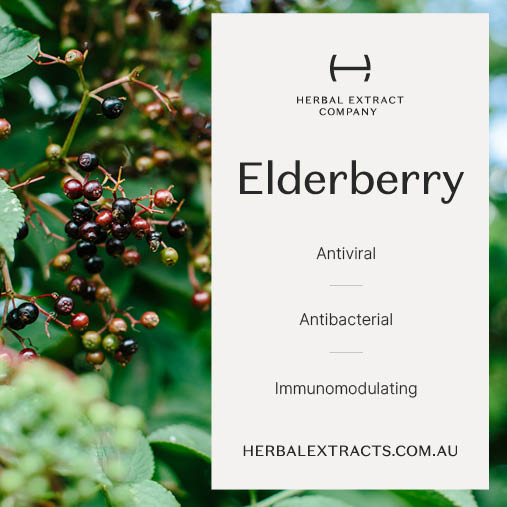Volume 32 Issue 2
Pandemic – loss and opportunities for naturopaths and herbalists
Susan Arentz
For referencing Arentz S. Pandemic – loss and opportunities for naturopaths and herbalists. The Australian Journal of Herbal and Naturopathic Medicine 2020;32(2):46-47
DOI https://doi.org/10.33235/ajhnm.32.2.46-47
At the risk of stating the obvious, how things have changed since the last published issue of the AJHNM. It was pre-pandemic – we had marked International Women’s Day at the NICM symposium Influential Women in Natural Therapies in Sydney, were getting ready to visit Lismore and celebrate the opening of the new National Centre of Naturopathic Medicine, then head across to America for the International Congress on Complementary Medicine and prepare for the great big hug of the Naturopathic Summit. As gatherings shut down and events were cancelled (or postponed), our work continued, but in a physically distant way. Clinical practice via telehealth/video; provision of herbs and supplements via post; delivery of naturopathic degrees on-line; virtual conferences and home-based research were all part of the strategic ‘keep-safe’ social change. As the urgent emergency declines, we find ourselves in a changed world. And, with change, comes loss, and new opportunities. And these are experienced on a global, professional and personal scale.
Loss is often difficult. As clinicians many of us have lost physical connection with patients, the spontaneity of a conversation and ability to show formulating and making herbal tonics, a central part of many clinical practices. We have lost income, and although there are mechanisms to buffer business loss, one can’t help but wonder about the future – how temporary are the changes, how will the world permanently change and what is the impact of economic recession on the naturopathic and herbal medicine professions. Early indicators suggest our role could be enhanced though public awareness of the importance of health – as my neighbour says, “people don’t think about health it until they don’t have it, and then it’s all they think about”. More people thinking and fearful about health will inevitably outline the role of health professionals, including natural health professionals.
The sold-out immune boosting herbs and nutrients of the supplement industry suggests that people continue to use natural medicines for their healthcare, and the findings of the living global survey of people’s response to COVID-191, with nearly a third (32%) of respondents citing use of natural or alternative medicines to prevent or treat the infection, demonstrates a continued health need for expertise and knowledge about the safe and effective use of natural medicines. Although our expertise extends way beyond recommendations of herbs and supplements, high awareness and prevalence of use brings forward the need for specialised knowledge and an emerging opportunity for our profession.

Leah Hechtman at the NICM symposium Influential Women in Natural Therapies.
Credit: NICM Health Research Institute at Western Sydney University, Westmead Campus. Photo courtesy of Western Sydney University, ©Western Sydney University 2019.
Recognition of the need has been elevated by the World Naturopathic Federation (WNF) and the Rapid Review Task Force2. This international initiative, lead by Australian researcher Dr Amie Steel, will enable the WNF to respond to the call of the World Health Organization3, and participate by contributing naturopathy and candidate treatments for prevention, treatment and recovery of viral respiratory infections including the SARS-2 Coronavirus. The WNF response illuminates naturopathy as being international, professional, credible and coordinated and, strangely, that the pandemic could be one of the greatest opportunities for global recognition of naturopathy as a healthcare profession. Many of us continue to support and contribute to the WNF Rapid Review initiative.
Meanwhile, back in Australia, naturopathic researchers inform that the scheduling of cannabidiol has changed to S3. In an article by Justin Sinclair and colleagues, the changing legal status of this herbal medicine constituent is outlined. This administrative change will enable easier access via pharmacy and salient information for practitioners, particularly when managing people in pain.
Also in this issue is an interview with A/Professor Matthew Leach, the Deputy Director of Education at the newly established National Centre for Naturopathic Medicine at Southern Cross University. This centre represents the return of naturopathic medicine to the public education setting. Matthew outlines the centre’s vision and opportunities, and the bright future for naturopathy.
Jackie Fahey presents a pragmatic review outlining naturopathic support for people experiencing stress from social isolation and highlights the unfolding psychological implications of the pandemic for many people.
Wendy McLean has put together a summary of published research in MedHerb and MedJourn for your review; thanks Wendy. CPD questions are included for continued interest. Enjoy.
Author(s)
Susan Arentz PhD, BHSc(Hons)
Editor, Australian Journal of Herbal and Naturopathic Medicine
PO Box 696, Ashfield, NSW 2131, Australia
editor.ajhnm@nhaa.org.au
References
- How are people responding to COVID-19? Scrubcovid19.org; 2020 [cited 2020 May 26]. Available from: https://noetel.shinyapps.io/covid/.)
- WNF Rapid Review Task Force. 2020 [cited 2020 May 28]. Available from: http://worldnaturopathicfederation.org/wnf-covid-19-task-force/
- A coordinated global research roadmap: 2019 novel coronavirus. WHO Headquarters; 2020. Available from: https://www.who.int/who-documents-detail/a-coordinated-global-research-roadmap.)






